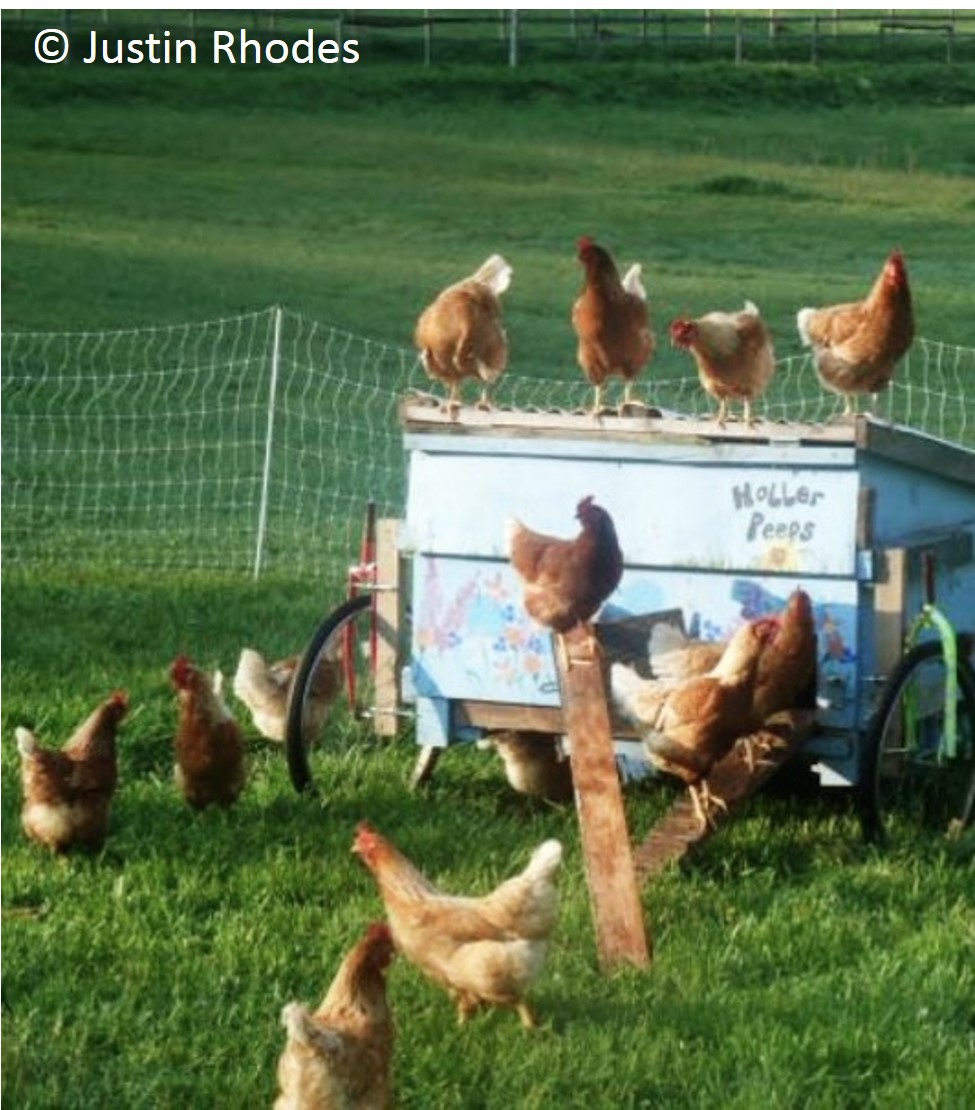Sustainable Poultry Farming Welfare And Disease Control
Humane, Sustainable Chicken Farming: A New Tool for Newbies

Are you considering embarking on a chicken farming adventure? Whether you're a seasoned farmer or a complete beginner, sustainable chicken farming is an approach that can benefit both you and your feathered friends. In this post, we will explore the concept of humane chicken farming and provide you with valuable insights, ideas, recommendations, and answers to common questions. Join us on this exciting journey!
What is Sustainable Chicken Farming?
Sustainable chicken farming is an ethical and environmentally-friendly practice that focuses on the long-term well-being of the chickens, the land, and the people involved. It aims to ensure that chickens are raised in a manner that allows them to exhibit natural behaviors, promotes their overall health, and minimizes negative impacts on the environment.
Ideas For Sustainable Chicken Farming
1. Provide Adequate Space: When setting up a chicken farm, it is crucial to give your chickens enough space to roam and exercise. Avoid overcrowding, as it can result in stress and health issues for the birds.

2. Promote Natural Foraging: Chickens are natural foragers and enjoy scratching and pecking the ground for food. Allow them access to outdoor areas where they can fulfill this innate behavior. Alternatively, you can provide them with enrichment activities such as scattered food or hanging treats.
3. Use Organic Feed: Opt for organic feed or grow your own grains and vegetables to ensure that the chickens' diet is free from harmful chemicals and genetically modified organisms (GMOs).
4. Implement Proper Waste Management: Develop a waste management system that minimizes environmental pollution. Consider composting chicken manure to create nutrient-rich fertilizer for your garden.
5. Embrace Renewable Energy: Explore renewable energy sources such as solar or wind power to reduce the environmental impact of your chicken farm.
Recommendations For Sustainable Chicken Farming
1. Choose Heritage Breeds: Heritage breeds are traditional chicken breeds that are often more robust and better adapted to local conditions. By raising heritage breeds, you contribute to the preservation of these unique genetic resources.
2. Support Local Hatcheries: Purchase chicks from local hatcheries instead of ordering them online. This supports local businesses and reduces the carbon footprint associated with long-distance shipping.
3. Practice Proper Biosecurity Measures: Implement biosecurity measures to prevent the spread of diseases. This includes regular cleaning and disinfection of coops, isolation of sick birds, and minimizing contact with wild birds.
4. Consider Adopting Rescue Chickens: If you have the capacity, consider adopting rescue chickens instead of purchasing new ones. This helps provide a home for chickens that may have been abandoned or abused.
5. Educate Others: Share your knowledge and experiences with others who are interested in sustainable chicken farming. By spreading awareness, you can inspire more people to adopt ethical and environmentally-friendly practices.
Listicle of Common Questions & Answers about Sustainable Chicken Farming
1. Q: How much space do chickens need to roam freely?
A: Ideally, each chicken should have at least 4-5 square feet of outdoor space available for roaming.
2. Q: What do chickens eat other than commercial feed?
A: Chickens can eat a variety of foods, including fruits, vegetables, grains, and insects. However, it is important to ensure a balanced diet to meet their nutritional needs.
3. Q: How can I protect my chickens from predators?
A: Install secure fencing around your chicken coop and consider using electric fencing or motion-activated lights to deter predators. Additionally, providing a safe and enclosed area for chickens to retreat to at night can enhance their safety.
4. Q: How often do chickens need to be vaccinated?
A: Vaccination schedules can vary depending on your location and prevalent diseases. Consult with a local veterinarian or poultry specialist to determine the appropriate vaccination plan for your chickens.
5. Q: Are there any legal requirements for starting a chicken farm?
A: Yes, there may be specific regulations and permits required for starting a chicken farm. It is essential to research and comply with local laws and regulations governing poultry farming in your area.
Summary of the Benefits of Sustainable Chicken Farming
By adopting sustainable practices in chicken farming, you contribute to the well-being of the environment, the chickens themselves, and the local community. Sustainable chicken farming offers the following benefits:
1. Improved Animal Welfare: Chickens raised in sustainable farms enjoy a better quality of life, with access to outdoor areas and the freedom to exhibit natural behaviors.
2. Environmental Conservation: Sustainable practices minimize pollution, reduce energy consumption, and preserve natural resources, contributing to a healthier ecosystem.
3. Healthier Food: By feeding chickens organic and natural diets, the quality and nutritional value of the eggs and meat they produce are enhanced, providing consumers with healthier food options.
4. Local Economic Development: Supporting local hatcheries and farms promotes economic growth within the community, creating jobs and benefiting local economies.
5. Community Building: Sustainable farming practices create opportunities for educational programs, agritourism, and community engagement, fostering a stronger bond between farmers and consumers.
In conclusion, sustainable chicken farming is an ethical and eco-friendly approach that offers numerous advantages to both chickens and farmers. By following the ideas, recommendations, and best practices outlined in this article, you can embark on a successful and fulfilling chicken farming journey. Good luck!

Post a Comment for "Sustainable Poultry Farming Welfare And Disease Control"